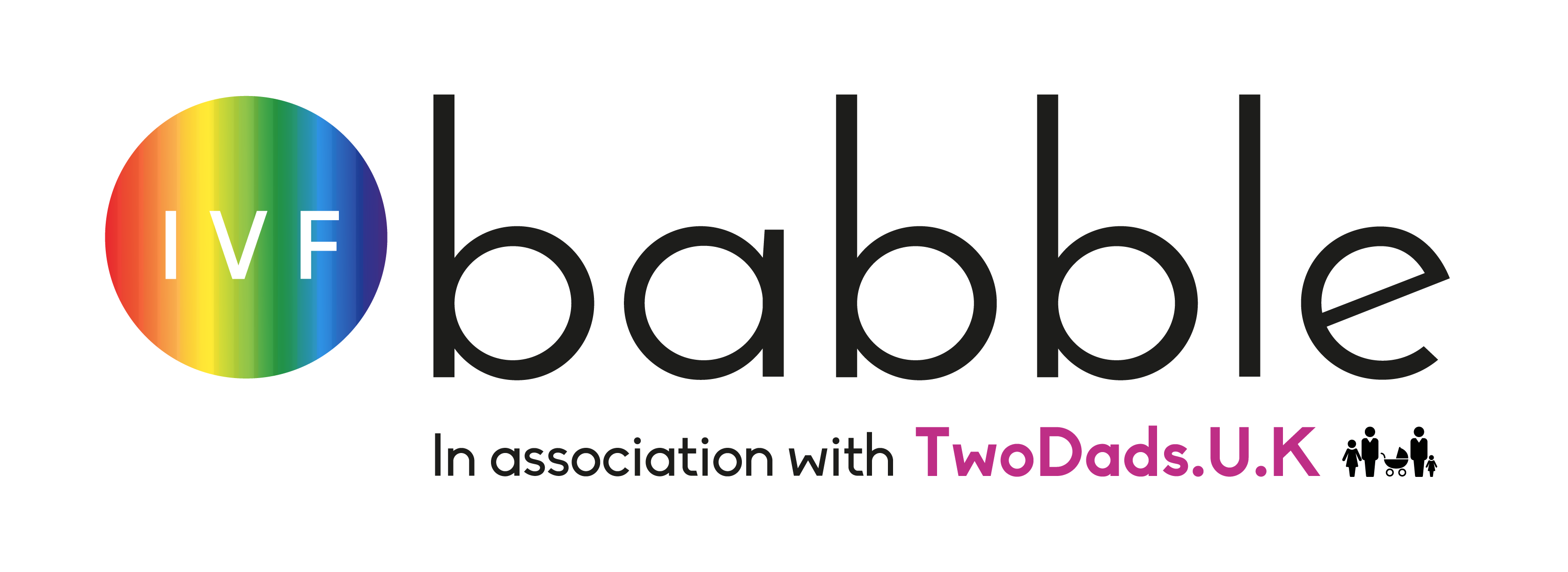July 1978 saw the first baby ‘conceived’ in a petri dish. That baby was Louise Brown, our wonderful columnist, now 39, and a mother herself to two children.
Louise spoke out recently about the ‘devastating’ effects NHS’ IVF rationing has had on couples. She made her voice heard at the American Society for Reproductive Medicine in San Antonio, Texas..
Figures are showing a decline in the number of women being offered IVF via the NHS in England, the country that led the way in the pioneering procedure prompting Louise Brown’s upset and disappointment.
Today, only 12 percent of areas throughout England offer the full course of treatment – three cycles – as recommended by the Government. This shows a significant 24 percent decrease since 2013.
Louise confirmed in a prior interview, her thoughts on how the procedure is not so easy to come by, even denied to some, stating: ‘I think it should be readily available. I mean it’s really difficult for someone who maybe hasn’t got any money, [and] they desperately want a child, for somebody to say, “Well, we’re not going to give you funding”.’
Fertility Fairness, the campaign group, revealed the latest statistics and noted that some ‘have to pay thousands of pounds for private treatment, while others receive a full service by way of the NHS’.
Currently, only 24 clinical commissioning groups (CCGs) out of 208 in England offer three cycles and 61 percent of CCGs now offer just one cycle via the NHS; this figure stood at 49 percent in 2013.
With different areas doing completely different things, there are now seven areas with no NHS funded IVF at all, while in Greater Manchester, four CCGs provide three cycles.
In many areas, the figures are a far cry from those outlined in the National Institute for Health and Care Excellence (NICE) guidelines. The recommendation is that women who are eligible and under the age of 40 should be offered three full cycles and those eligible and aged 40 to 42 should be entitled to one.
A spokesperson for the NHS said: ‘Ultimately these are decisions by CCGs, who are under an obligation to balance the various competing demands on the NHS locally while living within the budget Parliament has allocated.’
A spokesperson for the Department for Health said that the report was ‘very disappointing’, adding: ‘to address this we are supporting NHS in England with their current development of commissioning guidance.’








